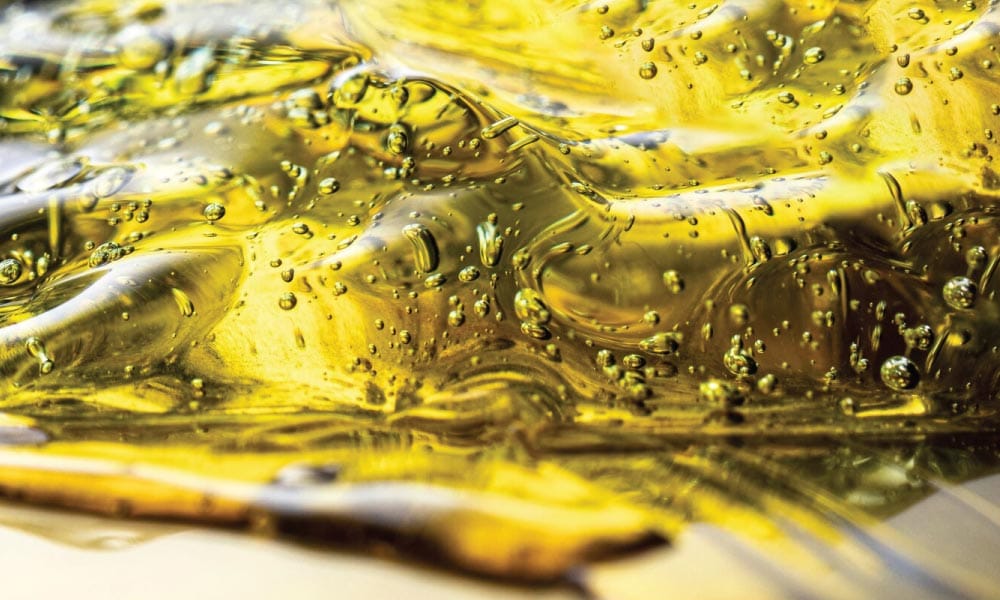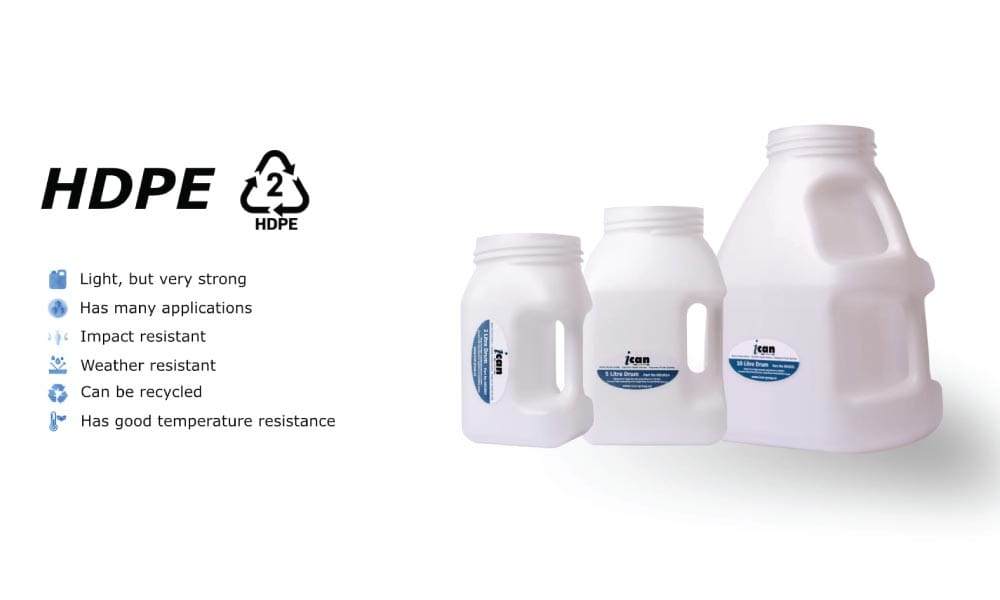The presence of oil in the car prevents the engine components from rubbing roughly against one another. However, not all types of oil can be used as engine lubricants. Because, different machine characters, different types of oil needs.
So, to keep the car engine durable due to not carelessly using oil, here are tips extracted from Popular Mechanics that can be applied in choosing the right engine oil as needed.
- Adjust the Character of the Engine with Oil
Tips extracted from Popular Mechanics state that engine oil has the American Petroleum Institute (API) standard which is preceded by a news material code. For example, for a gasoline-powered car, the recommended oil starts with the letter “S” code, such as SJ, SL, and SM. As for diesel-fueled cars using the code letter “C”, such as CD, CF, and CG
- Pay attention to the viscosity of the oil
The viscosity grade or viscosity grade is the level of viscosity of engine oil. Different characters or machine specifications, the required level of viscosity is different. This level of viscosity is sometimes also known as SAE (Society of Automotive Engineers).
So, which one is better, thick or thin oil? Yes, the answer is of course as needed. Old car output usually requires more oil with a high level of viscosity. The goal is that engine components that have been stretched due to usage can be properly lubricated.
Meanwhile, for young cars, oil fluids with a low viscosity level can be chosen. Because the friction in the engine components of this new car is arguably still low so that even with thin oil the engine can be lubricated.
- Oil Raw Materials
Not only regarding viscosity, but oil raw materials also should not go unnoticed when you want to buy oil for a car engine. Based on this raw material, there are two types of engine oil for cars.
First, the type of oil from mineral ingredients. This type of oil is made from petroleum extraction, so the first type is known to be made from natural ingredients. The second type of oil is synthetic oil. The second type is made of chemicals that are additives.




